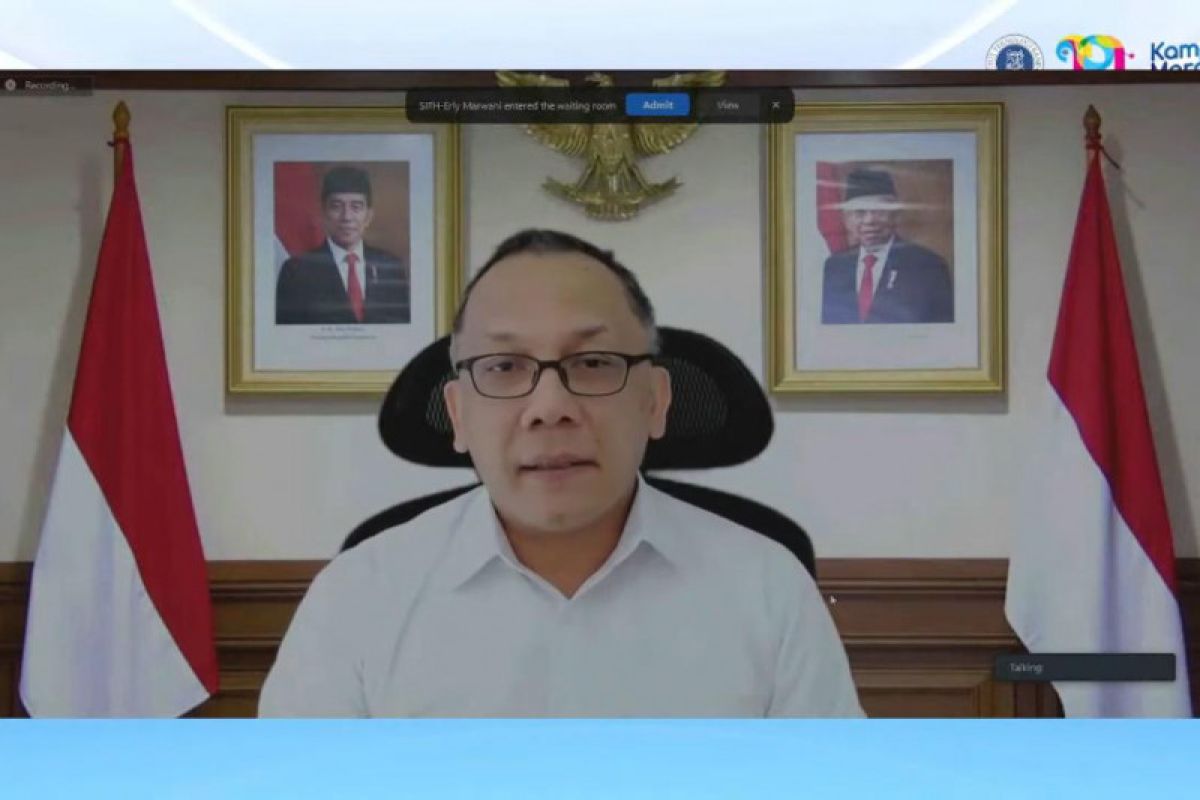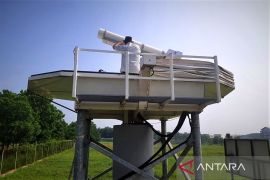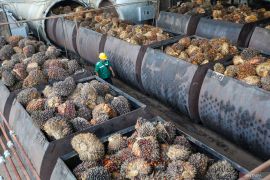The small-scale mobile waste processor could be used in residential areas with small populations and low volumes of waste, he told the press.
"If we build a large incinerator (in such areas), that would be way more expensive and cause issues related to its collection because bringing waste to the incinerator has its own cost," he explained.
The need for medical waste processors has risen with the number of COVID-19 patients, the BRIN chairman opined. At the moment, there are also scores of COVID-19 patients who are conducting self-isolation, which also results in medical waste production, he said.
In addition, the availability of medical waste processing is not yet uniform in Indonesia, he pointed out. Just 4.1 percent of hospitals have licensed incinerators, while there are only 20 waste processing businesses in Indonesia, he informed.
"And almost all of them are concentrated in Java Island. So, the distribution is not yet equal," he added.
Handoko also advised the use of medical waste recycling technologies, which could potentially add economic value.
One such technology, which BRIN is developing, is a syringe recycling device that could produce a residue in the form of pure stainless steel, he informed. There is also a medical plastic recycling device that could be used to process protective equipment (APD) and mask waste, he added.
"APD and masks are made out of polypropylene, from which we could derive pure polypropylene. The economic value of pure polypropylene plastic type is quite high," he elaborated.
Related news: Indonesia needs medical waste depots at regional level
Related news: Micro PPKM authorities should consider medical waste management
Translator: Indra Pribadi, Fadhli Ruhman
Editor: Suharto
Copyright © ANTARA 2021












